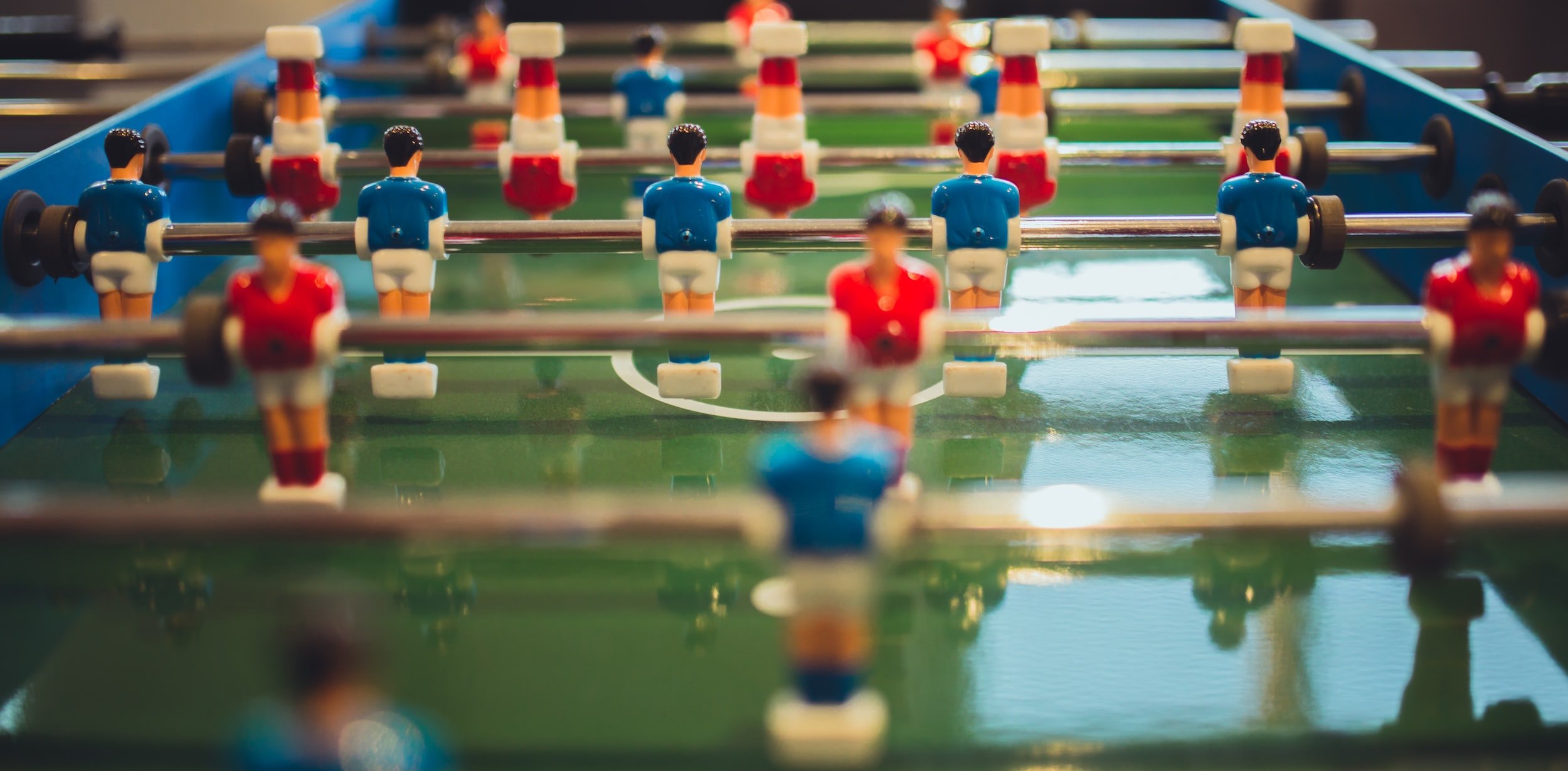The Double-Edged Sword of Competitive Energy: A Deep Dive Level Analysis
Competition has long been considered a driving force for innovation, development, and improvement across numerous domains.
However, it is essential to delve into the more destructive aspects of competitive energy, which can have severe consequences for individuals, organizations, and societies. This Life in Synergy blog post aims to analyze the destructive nature of competition energy, highlighting its potential negative impacts and suggesting strategies to mitigate its damaging effects.
The Destructive Nature of Competition Energy
Psychological Effects on Individuals
Competition can lead to a myriad of psychological issues, including increased stress, anxiety, and depression. When individuals feel the need to outperform others, they may develop a fear of failure, resulting in constant worry and negative self-evaluation. Moreover, the pressure to win can foster a toxic environment that encourages cheating, dishonesty, and other unethical behaviors.
Inhibiting Collaboration and Knowledge Sharing
A competitive environment may hinder cooperation and knowledge sharing among individuals or organizations. When the focus is on outperforming one another, people tend to withhold information or resources that could benefit others. This lack of collaboration can slow down the pace of innovation, as knowledge remains siloed and untapped.
Resource Misallocation and Redundancy
Competition can lead to resource misallocation and redundancy, as organizations and individuals allocate resources to compete against one another rather than collaborate. This results in inefficiencies, wasted effort, and potential duplication of research, products, or services, ultimately hindering progress and innovation.
Winner-Takes-All Dynamics
In highly competitive environments, winner-takes-all dynamics can emerge, where a small number of winners amass substantial resources and opportunities, while others are left behind. This dynamic can exacerbate income inequality, create social unrest, and reduce overall societal welfare.
Strategies to Mitigate the Destructive Nature of Competition Energy
Fostering a Growth Mindset
Encouraging individuals to develop a growth mindset can alleviate the destructive effects of competition. A growth mindset is characterized by the belief that abilities and intelligence can be developed through dedication and hard work. When individuals focus on self-improvement and learning, they are less likely to be consumed by the need to outperform others.
Promoting Collaboration and Cooperation
Organizations and societies should strive to create environments that encourage collaboration and cooperation. This can be achieved through policies and practices that incentivize knowledge sharing, teamwork, and joint problem-solving. By shifting the focus from competition to collaboration, individuals and organizations can work together more effectively and harness collective intelligence.
Balancing Competition and Cooperation
A delicate balance between competition and cooperation is essential for optimal outcomes. Establishing mechanisms that reward both competitive and collaborative behaviors can help strike this balance, ensuring that the potential benefits of competition, such as innovation and resourcefulness, are not overshadowed by its destructive aspects.
While competition energy can undoubtedly drive innovation and progress, it is crucial to recognize and address its destructive potential.
By fostering a growth mindset, promoting collaboration, and balancing competition and cooperation, individuals, organizations, and societies can mitigate the negative effects of competitive energy and harness its power for the greater good.
Helena and Brian
